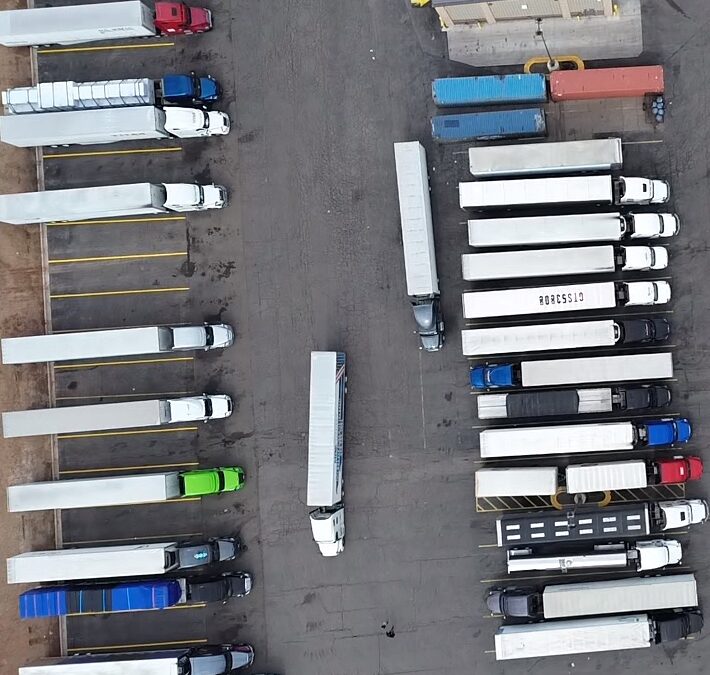As discussions intensify around federal environmental regulations, particularly with potential policy shifts under a new administration, it’s essential to clarify the status of California’s various emissions programs. While some initiatives like the Advanced Clean Trucks (ACT), Heavy-Duty Omnibus, and Advanced Clean Cars II (ACC II) are under review or facing legal challenges, the Clean Truck Check (CTC) program continues to be fully active and enforceable.
Understanding the Clean Truck Check (CTC) Program
The CTC program, implemented by the California Air Resources Board (CARB), is designed to ensure that heavy-duty vehicles operating on California roads maintain properly functioning emissions control systems. It applies to nearly all diesel, alternative fuel, and hybrid vehicles with a Gross Vehicle Weight Rating (GVWR) over 14,000 pounds, regardless of whether they are registered in California.
Key components of the CTC program include:
-
Periodic Emissions Testing: Starting January 1, 2025, vehicles subject to the CTC must undergo periodic emissions compliance testing. Tests can be submitted up to 90 days before the compliance deadline.
-
Remote Emissions Monitoring: Since January 2023, CARB has utilized roadside emissions monitoring devices to identify vehicles with potential high emissions, ensuring timely maintenance and repairs.
-
Comprehensive Coverage: The program encompasses a wide range of vehicles, including government vehicles, motorcoaches, transit buses, and single-vehicle fleets.
For more detailed information on the Clean Truck Check program and compliance requirements, visit the California Air Resources Board’s official page.
Federal Scrutiny of Other Emissions Programs
While the CTC program remains unaffected, other California emissions initiatives are currently under federal review:
-
Advanced Clean Trucks (ACT): This regulation mandates that manufacturers sell an increasing percentage of zero-emission trucks. Although the EPA granted California a waiver to implement ACT, the U.S. House of Representatives passed resolutions aiming to revoke this waiver. However, the Government Accountability Office has indicated that such waivers are not subject to Congressional Review Act resolutions.
-
Heavy-Duty Omnibus Regulation: Aimed at significantly reducing nitrogen oxide (NOx) emissions from heavy-duty engines, this regulation has also received an EPA waiver. Similar to ACT, it faces potential challenges from federal legislative actions.
-
Advanced Clean Cars II (ACC II): Targeting a transition to 100% zero-emission new passenger vehicles by 2035, ACC II has been granted an EPA waiver but is under scrutiny, with legal challenges questioning California’s authority to enforce such standards.
Implications for Fleet Operators
Despite the uncertainties surrounding some of California’s emissions programs, the Clean Truck Check remains a steadfast requirement. Fleet operators should prioritize compliance with the CTC to avoid penalties and ensure their vehicles meet state emissions standards.
Given the dynamic regulatory landscape, staying informed about both state and federal developments is crucial. Engaging with compliance experts and monitoring official communications from CARB and the EPA can help navigate these complexities effectively.
For more detailed information on the Clean Truck Check program and compliance requirements, visit the California Air Resources Board’s official page.

